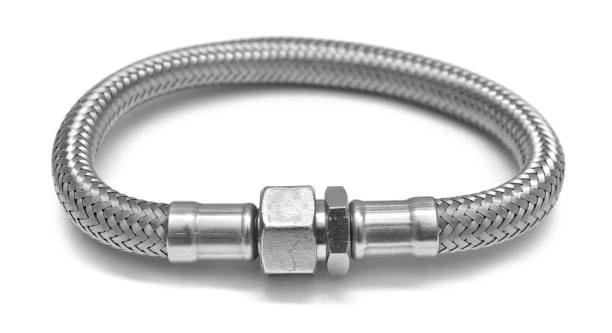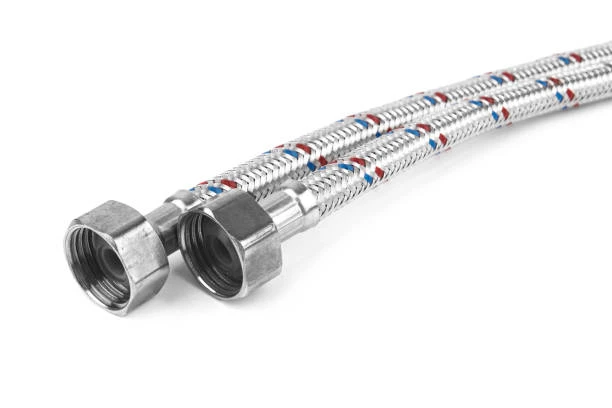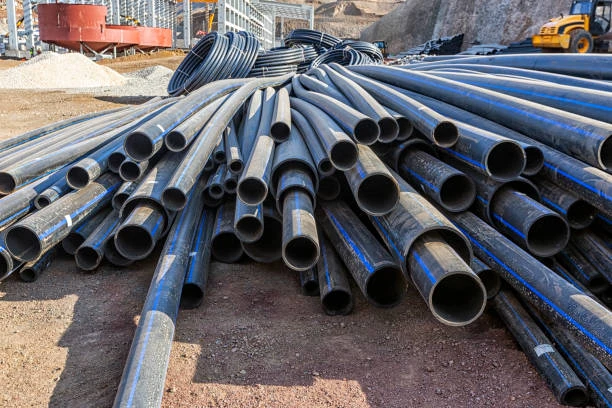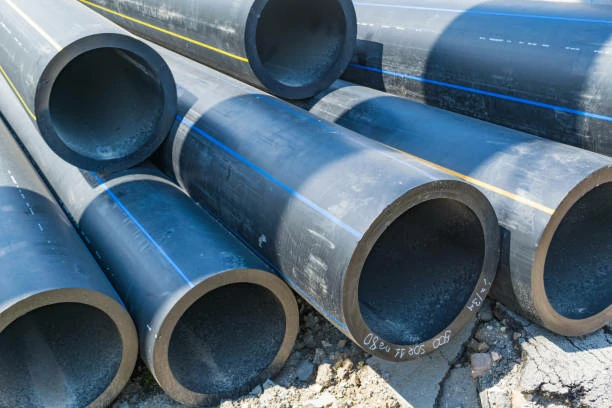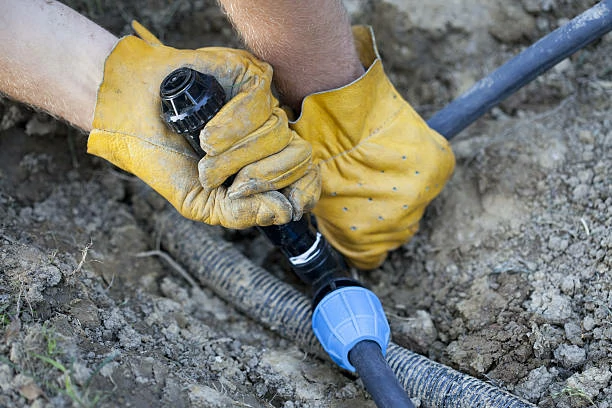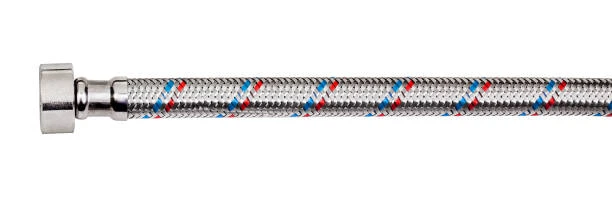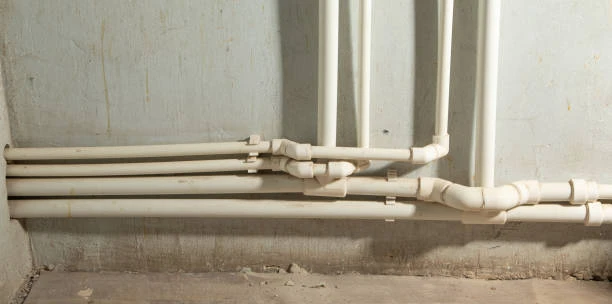
Silicone Shower Hose: No Hardening at -20℃, Winter Bathing Revolution
As winter approaches, many people face the common problem of their shower hoses becoming hard and brittle in low temperatures. Silicone shower hoses revolutionize winter bathing by maintaining flexibility even at temperatures as low as -20℃. This innovation ensures a smooth, comfortable shower experience regardless of harsh weather. In this article, we will explore the benefits of silicone shower hoses, answer common questions, explain their core features, highlight typical uses, guide you on selecting the right hose, and compare silicone with other materials. Finally, we share installation tips and a summary to help you choose the perfect shower hose for cold climates.
Frequently Asked Questions (FAQ)
Why does silicone perform better in cold weather than other materials?
Silicone has excellent low-temperature flexibility, preventing it from hardening or cracking in freezing conditions.Can I use a silicone shower hose with any shower head?
Yes, silicone hoses are compatible with most standard shower heads, making them versatile.Is silicone more expensive than traditional materials?
Generally, silicone hoses cost a bit more, but their durability and flexibility justify the price.How long does a silicone shower hose typically last?
With proper care, silicone shower hoses can last 5 to 10 years or more, depending on usage.Are silicone hoses safe for hot water?
Absolutely. Silicone resists high temperatures and maintains its integrity during hot showers.
Basic Definition and Features of Shower Hose Systems
A shower hose connects the water supply to the shower head, allowing flexibility and mobility during use. Traditional hoses often consist of materials like PVC, rubber, or metal. However, silicone hoses stand out due to their unique polymer structure. Silicone provides elasticity and resistance to temperature extremes, chemicals, and UV radiation. Key features include:
Flexibility even below freezing (-20℃ and lower)
High heat resistance suitable for hot water
Lightweight and easy to install
Durable against kinks, tears, and corrosion
Resistant to mold and mildew buildup
These qualities make silicone hoses ideal for both residential and commercial shower systems.
Common Uses and Application Industries
Silicone shower hoses find wide applications in various sectors, such as:
Residential bathrooms, especially in regions with cold winters
Hotels and hospitality industries requiring durable and hygienic fixtures
Healthcare facilities that demand easy-to-clean and flexible plumbing
Sports and fitness centers with high usage and frequent cleaning
Mobile homes and RVs where flexibility and durability matter most
Their adaptability and resilience have made silicone hoses popular in many environments.
Buying Guide: How to Choose the Right Shower Hose
Choosing the right shower hose means looking beyond just price. Consider these factors:
Material: Prioritize silicone hoses for cold climates due to their unmatched flexibility and resistance to hardening.
Color: Some silicone hoses come in bright or neutral colors; color can indicate UV resistance or style preferences.
Certifications: Check for certifications like NSF or ISO to ensure safety and quality standards.
Length and Diameter: Choose a length that fits your shower setup and a diameter that ensures adequate water flow.
Connector Types: Ensure compatibility with your shower fittings (common sizes are 1/2 inch BSP threads).
Considering these points guarantees you get a hose that performs well and lasts longer.
Installation Tips for Silicone Shower Hoses
Installing a silicone shower hose is straightforward but requires care:
Avoid twisting the hose while attaching connectors to prevent damage.
Hand-tighten connectors first, then use a wrench gently if needed to secure without overtightening.
Use plumber’s tape on threaded connections for a leak-proof seal.
Check for kinks or sharp bends after installation and adjust as necessary.
Test the water flow and inspect for leaks before finalizing.
Following these steps ensures a durable and leak-free installation.
Silicone Shower Hose vs. Other Materials: Comparison Table
| Feature | Silicone Shower Hose | PVC/Rubber Shower Hose | Stainless Steel Shower Hose |
|---|---|---|---|
| Flexibility (at -20℃) | Excellent | Poor | Good but stiff |
| Heat Resistance | High | Moderate | Very High |
| Durability | High | Moderate | High |
| Weight | Lightweight | Lightweight | Heavy |
| Resistance to Kinks | Excellent | Poor | Good |
| Corrosion Resistance | Excellent | Moderate | Excellent |
| Price | Moderate to High | Low | High |
| Maintenance | Low (resists mold) | Moderate (can develop mold) | Low |
This comparison shows that silicone hoses combine flexibility, durability, and resistance to harsh environments better than most alternatives.
Conclusion
Silicone shower hoses mark a significant advancement in plumbing, especially for winter bathing. Their ability to remain flexible even at -20℃ makes them a practical, durable choice for cold climates. Beyond their temperature resilience, they offer excellent durability, easy installation, and low maintenance. By understanding their features, applications, and how they compare to other materials, you can confidently select a shower hose that suits your needs.
Contact Us
For reliable and cost-effective bathroom floor drains, trust IFNS, a Chinese manufacturer with over 30 years of experience in plastic pipes, fittings, and valves.
For more information,pls visit our webside https://ifns.su/
We respond to all inquiries within 24 hours. Contact us today to explore our innovative pipe systems!


